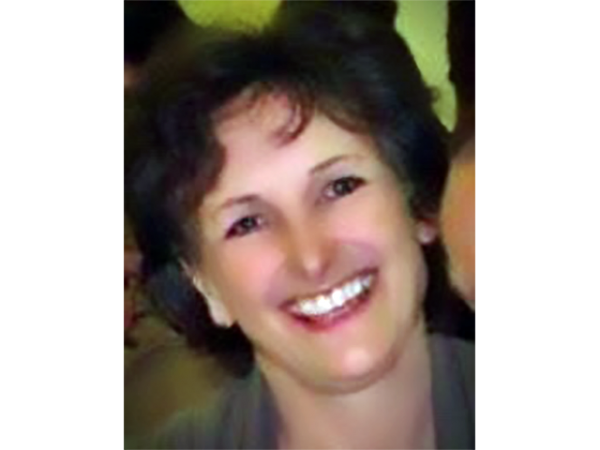Learn more about Pamela, our Director of Continuous Improvement for Signal Products.
What motivates you to wake up and go to work?
I think it’s a desire to fix things that are done in less efficient ways than they should be. I have a tendency to question everything, and I know people hate me for that! I'm the biggest “Why?” generator you've ever met.
What do you do at CAES, and how long have you been with the company?
I started in 2017 as Director of Continuous Improvement. For the last 14 months or so I was the Director of Quality but just recently returned to continuous improvement.
Can you briefly describe what that position entails?
Sure. There's a method to continuous improvement madness, and that is that all problems must be backed up by data – not opinions, hearsay or rumors. We start by determining what exactly we are doing now, or what we call the current state, and then we interrogate that current state and come up with ways in which the problem could be fixed. If the objective is to work faster, we'd have that in mind. If the objective is to make more money for the company, we'd have that in mind. Once we interrogate and record all the deficiencies in the current state, we generate a future state without any of the current problems. And then we implement that future state. That's continuous improvement in a nutshell.
What got you interested in becoming an engineer?
What got me involved? I couldn't be a vet, so I had to do something with my credits! Can you imagine that? I started off in college pre-vet, and my advisor told me it would be worthwhile to work on a farm during the summer to get some large animal experience. I was up at Cornell, and I worked at a farm for exactly four hours, and then I was in the hospital, because it turns out I’m really allergic to horses.
I went home from that job, and I asked my brother who was already an engineer, “What am I going to do?” And his answer was pretty sexist. He said, “Well, you couldn't be an engineer, that's for sure.” So, I went back to school as a sophomore and switched majors to Mechanical Engineering, and I absolutely loved it.
What is your proudest accomplishment of your career?
I don't know if there's a specific event, but I do think that the feeling I'm depended on to fix the problems that occur at the Exeter, N.H., facility – and that I have the authority to make things better for people – gives me a sense of accomplishment.
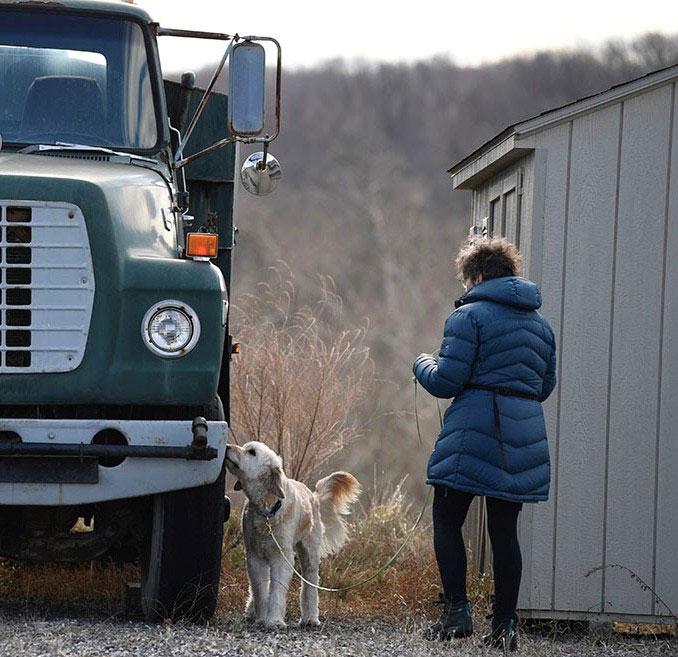
Before working at CAES, what was your most unusual or interesting job?
I worked in the nuclear industry my entire career. At Westinghouse, I was the spokeswoman for manufacturing and mechanical engineering challenges for our biggest customer, the Korean Electric Power Authority. Occasionally, we’d run into problems, and I'd have to go in front of the Korean Nuclear Commission and explain an issue we were having and how we were going to resolve it. No one liked to do that, because the customer was really demanding and not really fun to present bad news to, but my bosses would always say, “Pam, you get on the plane. You go. You know those guys.”
It was very interesting to be the only person sent over there in front of this board of 25 Korean guys who are ready to jump down your throat. It was a little bit challenging, but I enjoyed it, and over the years I not only developed working relationships but friendships with a lot of Korean colleagues in my industry.
Who was your most important mentor and why?
At one point, I had a mentor who was very knowledgeable, but most importantly, he gave me constructive feedback, which I thought was extremely valuable. He was honest and candid and willing and able to network with me and find resources. Sometimes, women are marginalized in business, and it was reassuring to have someone who was truly interested and pushed me to do things that were outside my comfort zone.
What skill do you think everyone should learn and why?
Problem resolution. In my experience, especially when you get together with engineers and project managers, people immediately jump to conclusions and tell you how to fix a problem before you even agree on what the problem is. I think that people need to stop and think and take that problem all the way through to what is the most reasonable resolution. The goal is to prevent recurrence, and often the people who jump to conclusions and the ones who quit halfway through problem resolution are surprised when the problem comes right back.
What's the best advice you can give to someone who's just starting their engineering career?
If I was advising a woman, I would let her know that there will be times when whatever a man does that is considered business appropriate can be perceived very differently coming from a woman. Like being frank, or kidnapping a meeting or dressing down an employee. I would let that person know that they need to watch for that because it still exists. I got an email the other day that started with “Gentlemen…”
For an engineer, regardless of gender, I think that they should be enthusiastic about their role and do whatever is necessary to complete their activities the best way possible. I'm a big believer in the fact that everybody's watching you, and your reputation may suffer depending on your attitude. So be happy, be enthusiastic and do a damn good job.

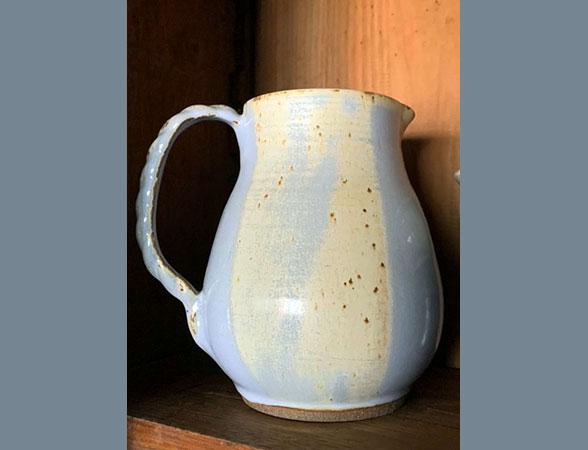
What’s something most people don’t know about you (your secret talent)?
I own a pottery studio. I'm a potter, ceramic artist and a painter. The other thing I'm really involved in is I train search dogs with a group called the National Association of Canine Scent Workers. We don't do crime scenes, but our dogs are trained to search vehicles, perform FAA luggage searches, search rooms, fields and find whatever the dog knows they need to find. I have three dogs, and one is an elite dog, which is the highest level of achievement and means your dog really knows what they're doing – so a real accomplishment for the trainer.
Facts about Pamela
- Favorite travel spot?
- My camp at Pitcher Pond in Maine.
- Favorite news media or blog?
- Harvard Business Review
- What is your most-used mobile app?
- Audible
- What is the one food you can’t resist?
- Pistachios
- Have you ever met someone famous?
- N/A
- If you could do another job for just one day, what would it be?
- Veterinarian
- If you could meet anyone in the world dead or alive who would it be and why?
- Benjamin Franklin ~ because he is, all in one person, an inventor, a statesman, a printer and a writer, and valued hard work and education.
- What did you want to be when growing up?
- Veterinarian
- What is the one thing you can’t live without?
- I love sunny days
- Where is your hometown?
- Bristol, Connecticut
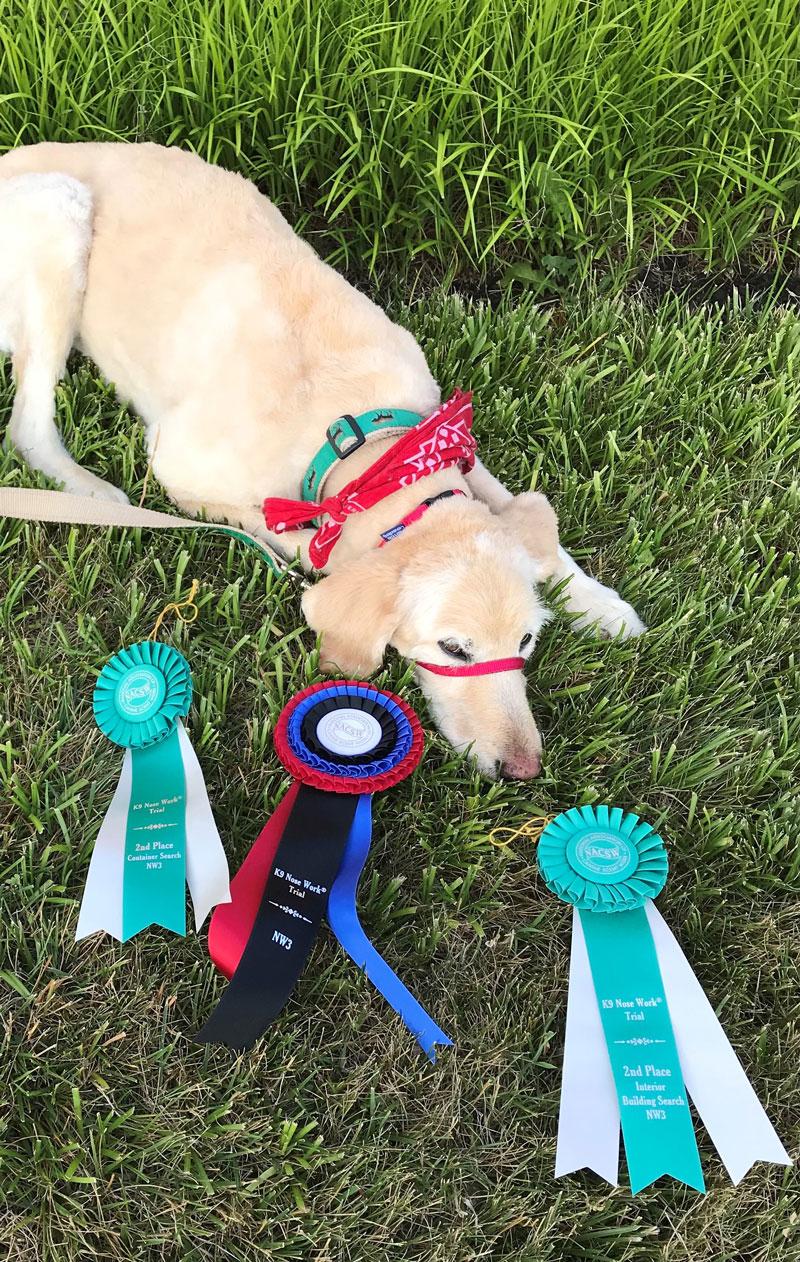
Recap your journey from fledgling engineer to the leadership position you hold today. Was there a “master plan” that informed your career decisions?
There was no master plan, and here's why. I really like change, and I really like to do new things. As I worked through my early years in the nuclear business, there were a lot of opportunities to do different things, and I always said, yes, because it was just all so interesting to me. I'm very curious, and I’ve ended up loving every single thing I've ever done. Even if everything went wrong and not much was accomplished, I always got something out of it personally.
Given that women are underrepresented in engineering – and engineering leadership – how did you ensure that you received recognition for your accomplishments? What challenges did you overcome?
When I was starting out, I worked for a company that had a technical library. If I needed materials, I’d call the library and they’d ask me, “Who's this for?” I’d tell them, “Me. The book is for me.” And then I’d hear, “Yeah, I know it's for you, but who are you going to give it to?”
It was really daunting, and it made me angry to tell you the truth. So, I guess what I did without thinking about it too much is I overcompensated by trying to know more. I probably could have received more recognition for the things I knew, but I’m not one of those people who tells you how great they are and how good their resume is. That makes me really, really uncomfortable, so I don't necessarily do that. But I certainly try to back up anything I'm doing with sufficient knowledge. Over the course of my career, people have recognized that, and somehow, I got wherever I got to because people feel like I know what I'm talking about.
Describe the importance of mentorship within the engineering field – specifically for women engineers. How have your role models helped to guide you?
I think mentoring is more difficult for women than men. Men can have a really big disagreement in a conference room and call each other names and then go have a beer. Most women seem to find they’re needed more outside work. I had three kids and I was a single mom, so there was no way I was going out for beers after work. I had another whole job when I got home, so there wasn't a lot of informal mentoring going on in my career. That said, I did have a bunch of people I had my eye on who were role models for me, and I'd watch to see how they’d solve problems, or who they’d talk to or how they got the job done. So, they mentored me by way of their behaviors and actions.
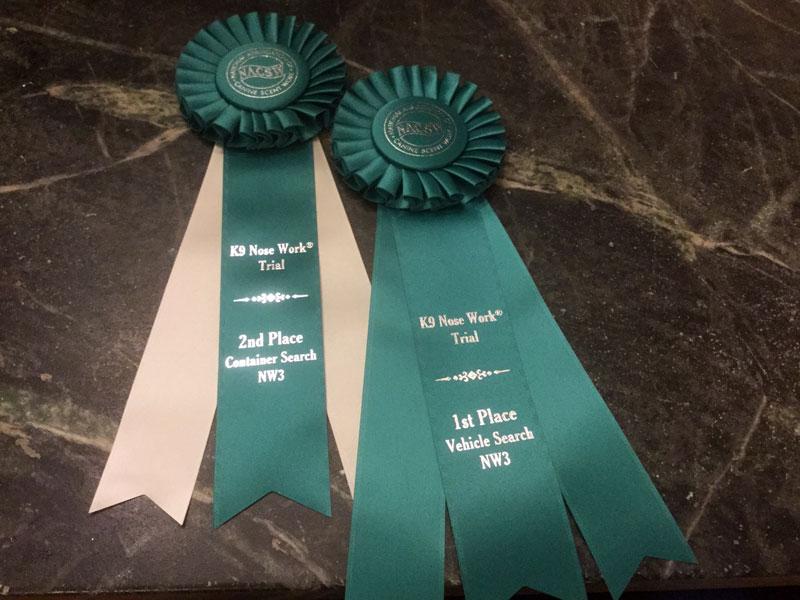
What is your most memorable leadership moment?
In 2006, my daughter, on the sly, entered my name for the Connecticut Technology Council’s Annual Women of Innovation Award, which the governor gave to recognize the top 10 women business leaders in the state. She entered by name and wrote an entry about me, and they thought it was notable. I'll never forget it. She was in her late teens at the time, and her letter was really cool. She didn’t necessarily know what I did at work, but she fashioned an argument based on her own experience as a kid with a working mom. I was just looking at the award the other day while I was cleaning out a drawer, and I said, “Oh yeah, this was awesome.”
Do you believe that the technology industry has a responsibility to evangelize STEM as a viable career option for young girls? What would that look like?
When I was in living in Connecticut, I was on quick dial at the University of Hartford. We had these events on Saturday mornings where college women would meet with a panel of people who were in engineering or math or science. We'd have a topic for the week, and the women would ask questions and we'd answer and help them make career decisions while they were still in college.
Along the way, we’d get associated with one or two, and they would come into work with me. It was more than just bring your kid to work day. It was an actual program that the University of Hartford had with Westinghouse Windsor. We did this often, and I think it was super helpful to those women and allowed them tailor their careers by way of the classes they were taking. We also had interns every summer for 12 or 16 weeks, and we’d mentor those guys. It was always guys. There were never women.
What advice do you have for young women considering a STEM career?
Put your heart into it. Take yourself out of your comfort zone. These are little idioms, I know, but literally, don’t let anybody discourage you. Just go out and do it, and you will be happy with your career.
